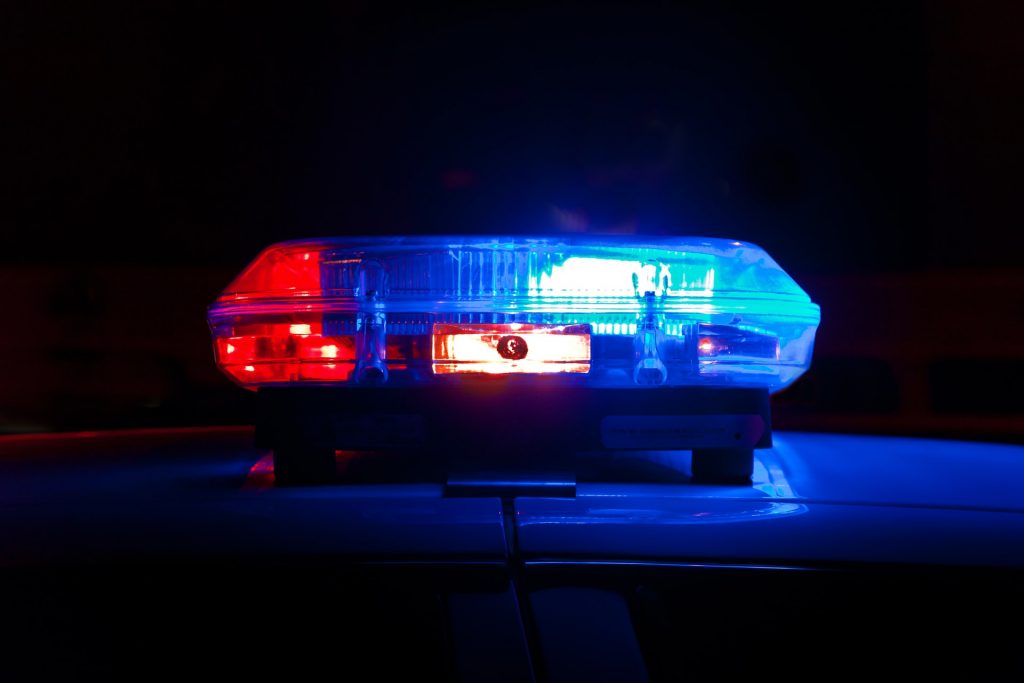Canada News
The dangers of Québec’s pandemic curfew and the expansion of police discretionary powers

In response to growing concerns over the rapid spread of the Omicron variant, Québec reinstated a provincewide curfew on Dec. 31, 2021. Québec’s first COVID-19 curfew was imposed on Jan. 9, 2021, and lasted until May 28, 2021, from 8 p.m. to 5 a.m. — the latest curfew is from 10 p.m. to 5 a.m.
The new curfew has been criticized by scholars, public health experts and members of Québec’s opposition parties.
A big problem with the curfew is that it emboldens police powers, particularly in relation to officer discretion.
In the best of times, police discretion is mostly uncontrolled and there exists no political consensus over how police discretion should be managed. The highest levels of discretion are often displayed by front-line police officers, who are also among the least experienced and trained.
Police discretion
Police discretion is by its very nature imprecise and can include leeway to make individual decisions regarding who to stop, when and how, what questions to ask and the subsequent amount of effort (such as force) necessary to enforce particular laws as the officer sees it.
To further embolden police discretion at this time is unsettling.
Because police discretion is unchecked, Québec’s curfew may be more harmful to marginalized people including Indigenous, Black and people of colour, street-based sex workers and those who are homeless, populations already disproportionately subject to over policing.
A consequence of pandemic policing in Québec (and elsewhere) is the expansion of police discretionary powers where ordinary and otherwise lawful activities (such as being out late at night) become situations that influence police actions including violence and arrests.
In these situations, people could disregard police instructions or even respond to police with criticism, prompting police to use force and lay charges that rely on the officer’s own after the fact account of the situation. For example, “assaulting a police officer,” “disorderly conduct,” “disturbing the peace” and “resisting arrest” are all charges used to justify or excuse police violence after the fact (post facto legal accounts).
Lawful pre-pandemic activities
On Jan. 2, the first reported arrest while breaking curfew in Québec was for “assaulting a police officer.” The evidence suggests that similar arrests in response to curfew violations are likely to follow.
In Policing in the Age of the COVID-19 Pandemic, a peer-reviewed research paper I published in May 2021, I examined news reports covering pandemic restrictions with post facto police accounts in multiple jurisdictions across six countries in the early months of the pandemic. The research findings illustrate the amplification of police discretion in the context of pandemic enforcement.
In one instance, a woman was arrested by New York City Police and charged with “disorderly conduct” (and related offences) because she “failed to maintain social distancing” according to police. The woman spent hours in jail and upon release was not allowed to return to work as her employer feared of her exposure to COVID-19 while in custody.
In France, a man who police allege had “resisted arrest” after allegedly violating pandemic home confinement orders, died in custody.
Each instance occurred without due process and can only be understood as extrajudicial forms of punishment because of police discretionary powers.
Developing legal limits of police discretion
My research findings on pandemic policing support existing scholarship that examines police discretion in non-pandemic contexts. The research shows that even in otherwise “normal situations” where police discretion is employed, officer actions are subject to little oversight and accountability.
Police in Québec, and elsewhere in Canada, may use their recently expanded discretionary powers during province-wide pandemic enforcement measures to increasingly encounter citizens, choosing to harass some people and not others. The consequences of such police actions may result in other extrajudicial forms of pandemic punishment.
There is an inconsistent and unfair application of police enforcement when it comes to pandemic curfews. This spotlights the continued necessity to develop the legal limits of police discretion, especially in advance of subsequent pandemic related restrictions that may occur.
Christopher J. Schneider, Professor of Sociology, Brandon University
This article is republished from The Conversation under a Creative Commons license. Read the original article.





















